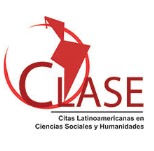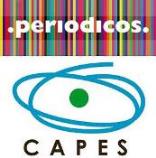Some Central Ideas in the “Just Therapy” Approach
Keywords:
Just Therapy, transculturality, family therapyAbstract
This document summarizes one conference on Family Therapy and Social Justice that took place on the Second Australia and New Zealand Family Therapy Conference, in Melbourne, on July 92. It encloses the languages of the Family Center's three cultures: Maori, Samoan and English. The two professionals show their perspectives, the Samoan feminine condition and the Pakeha (white) masculine condition, when they talk about the development of Just Therapy. lt’s an unusually subjective description of historical facts that turned to be crucial to the particular development taken by therapy in the Family Centre. Through lecture, poetry, tales and songs the document pictures cultural context, gender and socio-economical issues, that are central to Just Therapy method. Belonging, Sacredness and Liberation became the essence of this unique anticolonial, anti-sexist and anti-class therapy. Putting things in a positive way, this document presents the history of equity questions that consistently tried to create a therapy that includes females, culturally dominated cultures, and low income and out of market marginalized families’ experience.
Downloads
Downloads
Published
How to Cite
Issue
Section
License
Autores que publicam nesta revista concordam com os seguintes termos:- Autores mantém os direitos autorais e concedem à revista o direito de primeira publicação, com o trabalho licenciado simultaneamente sob uma Licença Creative Commons Attribution após a publicação, permitindo o compartilhamento do trabalho com reconhecimento da autoria do trabalho e publicação inicial nesta revista.
- Autores têm autorização para assumir contratos adicionais separadamente, para distribuição não-exclusiva da versão do trabalho publicada nesta revista (ex.: publicar em repositório institucional ou como capítulo de livro), com reconhecimento de autoria e publicação inicial nesta revista.
- Autores têm permissão e são estimulados a publicar e distribuir seu trabalho online (ex.: em repositórios institucionais ou na sua página pessoal) a qualquer ponto antes ou durante o processo editorial, já que isso pode gerar alterações produtivas, bem como aumentar o impacto e a citação do trabalho publicado (Veja O Efeito do Acesso Livre).

















